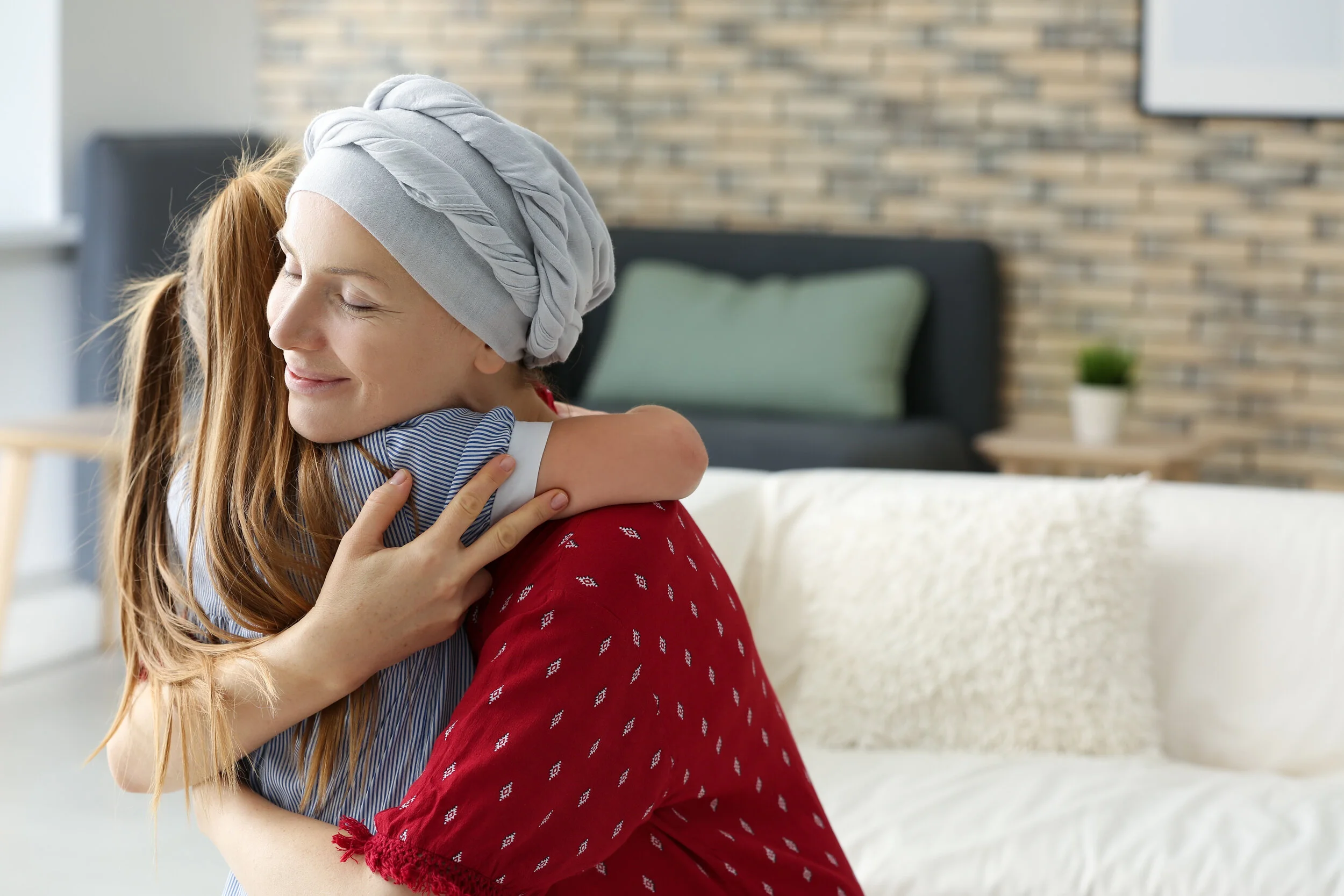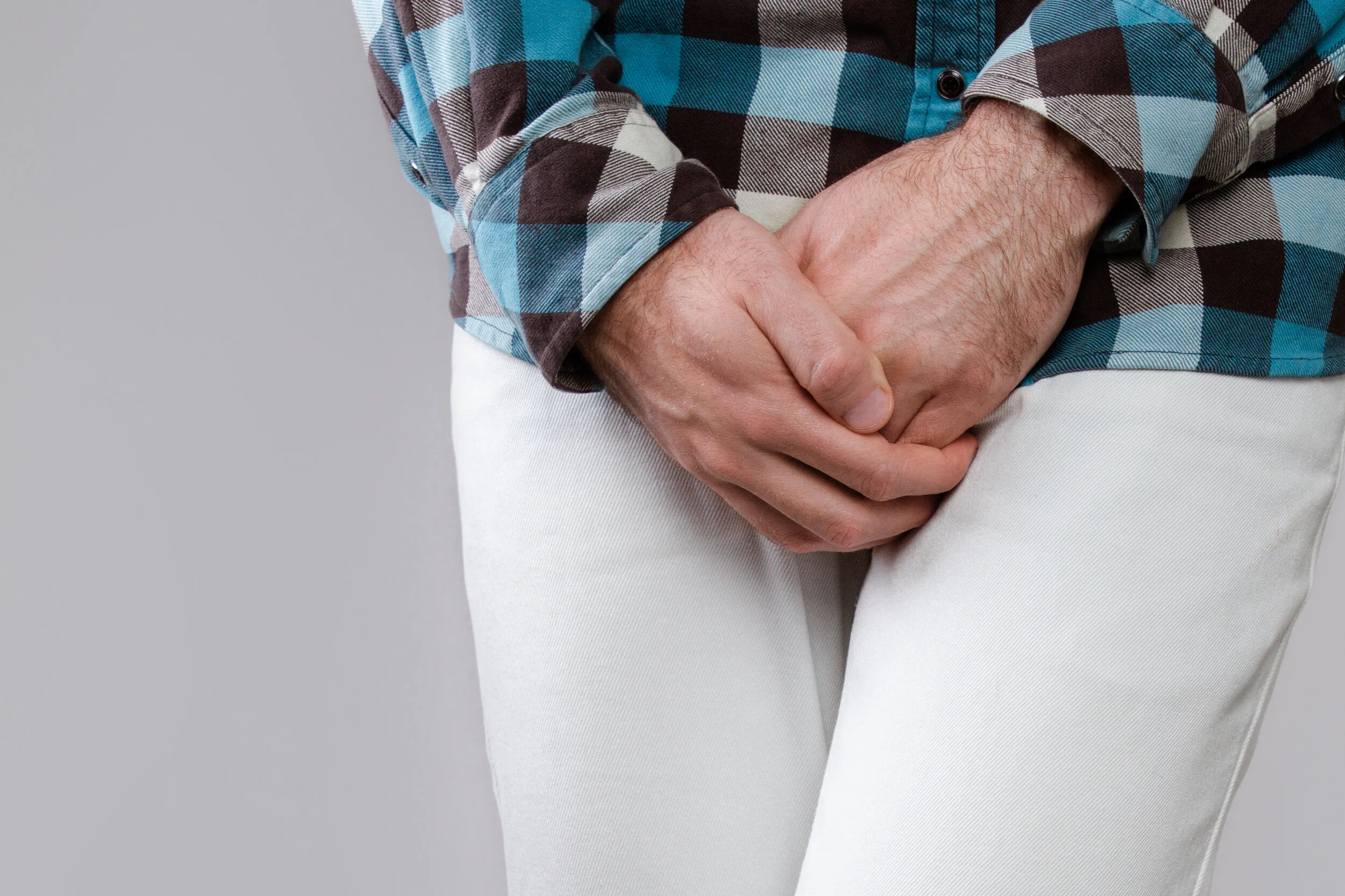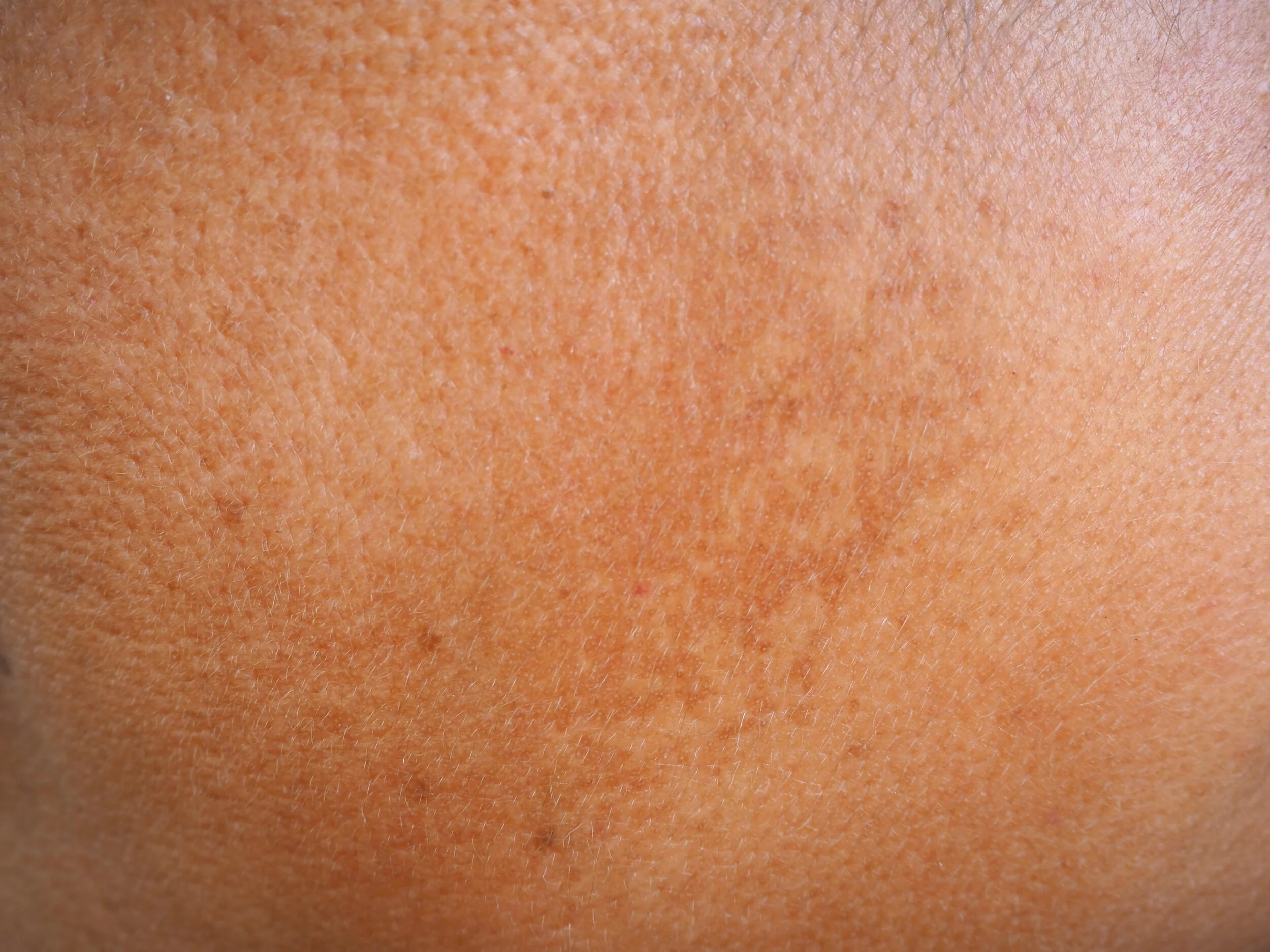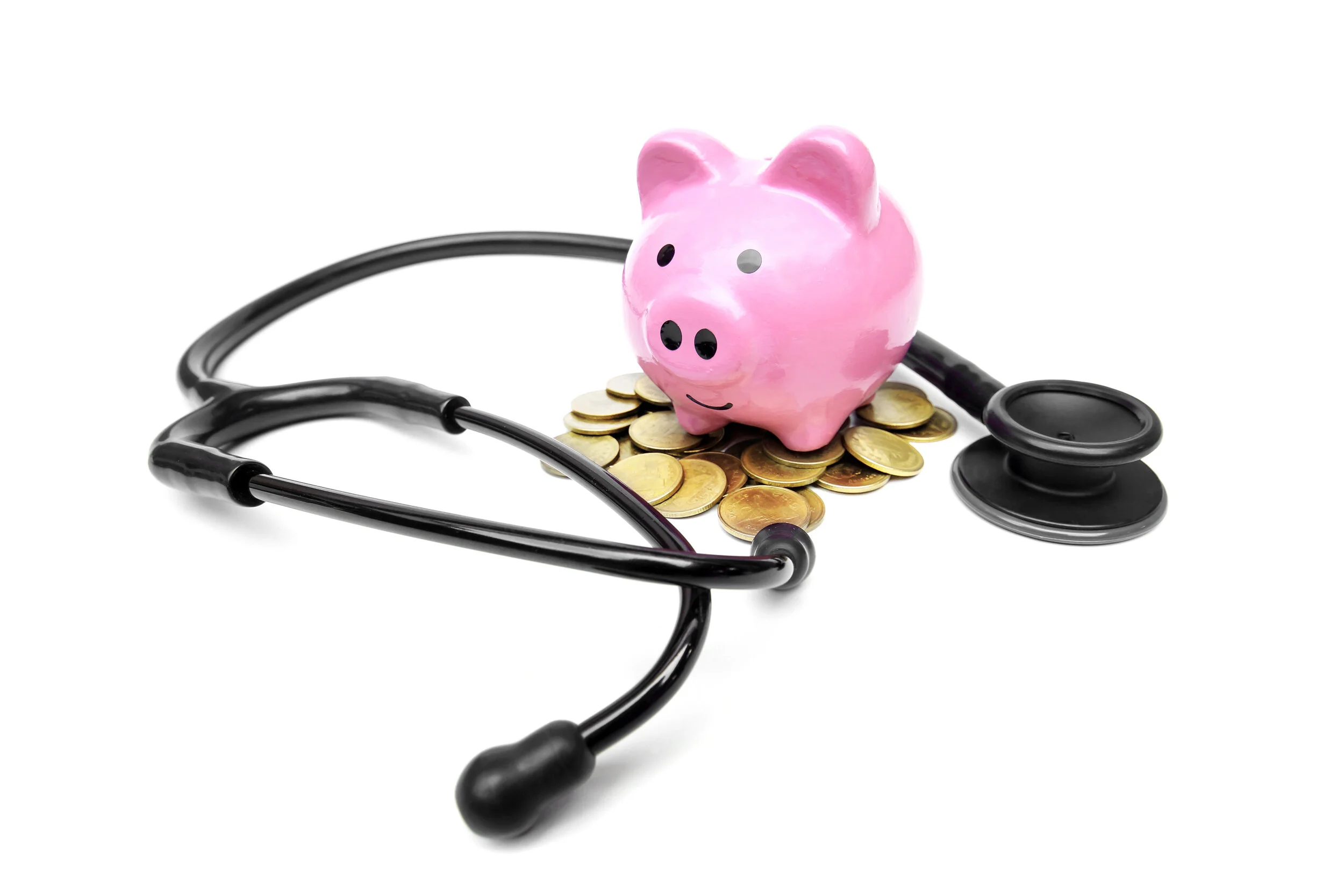Cancer, or more often cancer treatments, can conflict with some parts of the reproductive process and affect cancer patients’ ability to have children. For some men, infertility can be one of the most challenging and aggravating long-term effects of cancer therapy. Studies have implied that women with cancer are less likely to be presented with information about protecting their fertility than men.
Read MoreStaying healthy is a constant battle. In today’s modern world, with all the different toxins and potentially hormonally disruptive chemicals in most of the food we eat, the water we drink, cosmetics we use, and in the environment we live in. Many people consume much more than the recommended amount of sodium, putting them at risk of high blood pressure. Contemplate finding yourself a gym partner, personal trainer, or even just establishing up a social media account to ensure you’re staying true to your new system.
Read MoreIf cancer patients have been newly diagnosed with the disease or are undergoing treatment, it's essential that they take proper care of themselves. Researches show that one of the most reliable ways to do this is to stay physically active. Exercise individually as further therapy for patients undergoing cancer treatment has been well-studied and linked with many advantages.
Read MoreSunlight fundamentally consists of three wavelengths: UVA, UVB, and UVC. Earth's ozone layer separates and holds the most damaging UVC rays. People with low levels of vitamin D in their blood have much higher incidences of practically all diseases and sickness: cancer, diabetes, obesity, osteoporosis, heart attack, stroke, depression, cognitive impairment, autoimmune conditions, and so on
Read MoreFrequent alcohol misuse can have various outcomes, helpful or harmful, on the health of the consumer. Drinking alcohol raises the risk of developing various types of cancer. When a person drinks alcohol, the body breaks it down into a chemical called acetaldehyde. Acetaldehyde harms the DNA and prevents the body from fixing the damage
Read MoreGood nutrition is particularly relevant for people with cancer. As cancer patients start to feel better, they may have questions about eating a better diet. While it may be attractive to improve your diet with a host of vitamin and mineral supplements, oppose that urge.
Read MoreA diagnosis of cancer affects very seriously and directly not just the patient but also their family, friends, and community of the individual. When a cancer patient receives the cancer diagnosis, daily habits may change for everyone around them. Family caregivers often feel overwhelmed with the added responsibilities and tasks they have to pick up.
Read MoreWhen children and teens are diagnosed with cancer, their whole perception of the world changes overnight. No one is ever prepared to hear that their child has a life-threatening illness. For most parents, the first few weeks are spent in a blur. In the first few weeks after a child's diagnosis, family of a cancer patient can see their schedules and methods get tumbled.
Read MoreChemotherapy affects all cells that grow and divide quickly in the body. Fast-growing cells are affected the most. Everyone handles cancer treatment differently. Some cancer patients may feel sick during and shortly after each treatment but recover quickly between treatments.
Read MoreRituals are a way to celebrate life and inspire our days with meaning. That’s why it’s important to make yourself a priority. Self-care is necessary for everyone, but this is especially true for those affected by a life-altering disease like cancer. Dr. Shyamali Singhal recommends using these self-care products by Hale & Hush.
Read MoreItchy skin, or what is medically called pruritus, can be uncomfortable and frustrating. Acute itching, during the infusion of chemotherapy, could be an early sign of a hypersensitivity reaction.
Read MoreWhile radiation therapy itself does not hurt, there can be short-term side effects to fight with, which can affect your hair, skin, sleep, appetite, and sentiments. Men have their own, at times distinct sets of side-effects to deal with.
Read MoreThe laws governing cosmetics and personal care products are so limited that known cancer-causing chemicals, or carcinogens, are legally allowed in personal care products. Ingredients used to make consumer products (including cosmetics) have come under increased scrutiny for their possible effects on human health and on the environment.
Read MoreFor most cancer patients, hives are a temporary allergic reaction to an avoidable trigger. Cold urticaria can be diagnosed by placing an ice cube on the skin for five minutes. Your doctor may recommend you try to prevent or reduce symptoms with home remedies, such as using over-the-counter antihistamines and avoiding cold exposure.
Read MoreWhen it comes to good oral hygiene, a preventive approach is a key to success. Dr. Shyamali Singhal says that achieving healthy teeth takes a lifetime of care. Even if you’ve been told that you have nice teeth, it’s crucial to take the right steps every day to take care of them and prevent problems. This involves getting the right oral care products, as well as being mindful of your daily habits.
From the instant we hear that someone we know or care about has been diagnosed with cancer, the first thing that appears in our mind is a want to help them. Giving a considerate gift is one of the several ways you can show care to a loved one going through cancer treatment.
Acne-related hyperpigmentation occurs when dark patches emerge after a blemish has healed. Your dermatologist can help you find the best option for your skin. For some people, professional treatments aren't always an option. Hope & Beauty has a guide to help in this situation.
If you have a health plan through a job, you can use a Flexible Spending Account (FSA) to pay for copayments, deductibles, some drugs, and any other health care costs. Using an FSA can reduce your taxes.
Read More


















